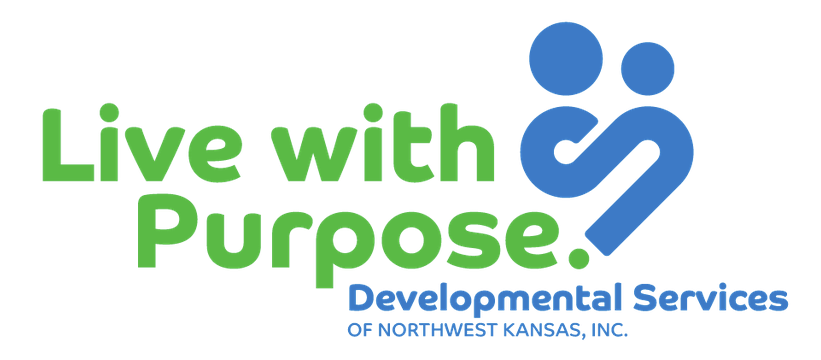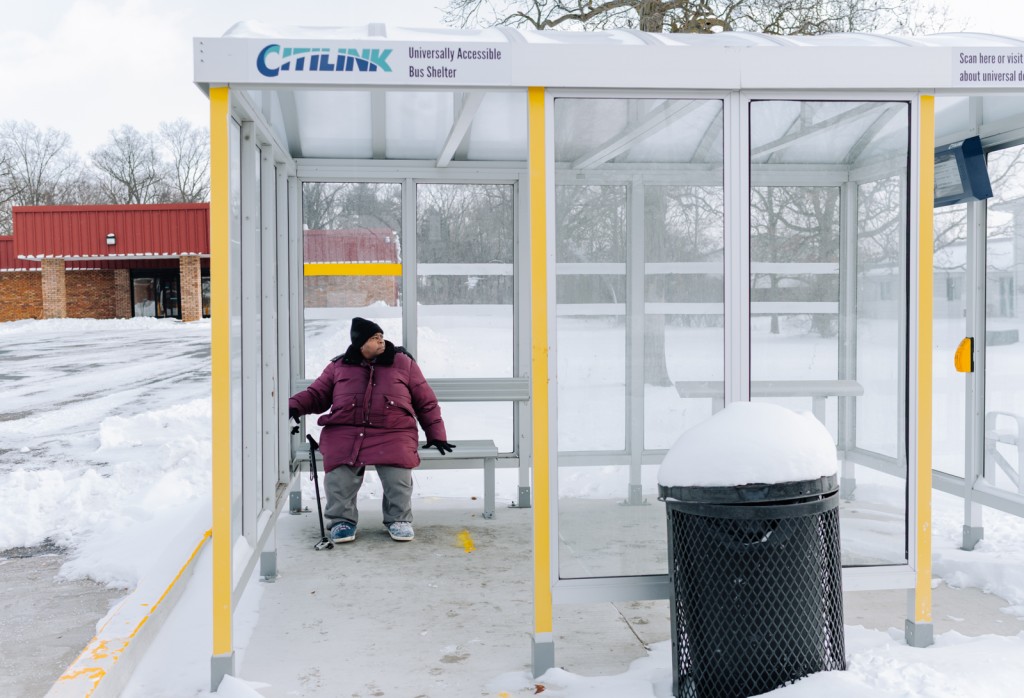KeepItOn: Authorities in Tanzania must commit to unrestricted access to the internet during elections – Access Now

Report on Internet Accessibility in Tanzania and its Implications for Sustainable Development Goals
Introduction: Upholding Democratic Processes and Human Rights
A coalition of civil society organizations, led by Access Now and the #KeepItOn coalition, has issued a formal appeal to the government of Tanzania. In an open letter addressed to President Samia Suluhu, the coalition urges authorities to guarantee open, secure, and unrestricted internet access before, during, and after the general elections scheduled for October 29, 2025. This action is positioned as a critical measure to ensure a participatory and transparent electoral process, directly supporting the principles of several Sustainable Development Goals (SDGs).
Violations of Sustainable Development Goal 16: Peace, Justice and Strong Institutions
The practice of disrupting internet access fundamentally undermines the objectives of SDG 16, which aims to promote peaceful and inclusive societies for sustainable development, provide access to justice for all, and build effective, accountable, and inclusive institutions at all levels.
- Target 16.10 (Public Access to Information and Fundamental Freedoms): Internet shutdowns are a direct contravention of this target. They restrict the public’s ability to access critical information about electoral processes and candidates, and they curtail fundamental freedoms of expression and assembly online.
- Target 16.7 (Inclusive and Participatory Decision-Making): By limiting access to digital communication platforms, authorities impede the ability of citizens to engage in political discourse, document and report on electoral events, and participate meaningfully in their own governance.
- Target 16.6 (Effective, Accountable, and Transparent Institutions): A free and open internet is a vital tool for ensuring institutional accountability. It allows for the independent monitoring of elections and provides a platform for citizens to hold authorities accountable for human rights violations.
Historical Context and Recent Incidents of Internet Disruption
Tanzania has a documented history of implementing internet shutdowns, particularly during periods of heightened political activity. These actions represent a significant barrier to achieving sustainable development and democratic stability.
- A pattern of utilizing extreme measures to control information flows and suppress dissent has been observed.
- The social media platform X has been inaccessible since May 2025. This shutdown coincided with the treason trial of opposition leader Tundu Lissu and widespread government criticism.
- The official justification provided by authorities for the ban on X was the platform’s alleged hosting of pornographic content, a reason viewed by critics as a pretext for political censorship.
Broader Impact on Sustainable Development
The consequences of internet shutdowns extend beyond political and civil rights, negatively impacting a range of SDGs.
- SDG 9 (Industry, Innovation and Infrastructure): Deliberate disruptions to digital infrastructure contradict Target 9.c, which calls for significantly increasing access to information and communications technology and striving for universal internet access.
- SDG 10 (Reduced Inequalities): Such measures hinder the political and social inclusion of all citizens (Target 10.2) and can disproportionately silence the voices of marginalized groups who rely on digital platforms for participation.
- SDG 8 (Decent Work and Economic Growth): The digital economy is a growing source of employment and economic activity. Internet shutdowns disrupt businesses, impede financial transactions, and undermine economic progress.
Recommendations and Call for Alignment with Global Goals
The #KeepItOn coalition’s appeal emphasizes that safeguarding digital rights is integral to upholding democratic values and achieving the 2030 Agenda for Sustainable Development. The following actions are recommended:
- The Government of Tanzania must commit to maintaining uninterrupted internet and digital communications access throughout the 2025 electoral period.
- Authorities are urged to uphold the rule of law and democratic values enshrined in the Constitution, which align with international commitments to human rights and the SDGs.
- Ensuring an open internet is presented as a necessary step to foster the strong, transparent, and accountable institutions required by SDG 16, thereby securing a foundation for sustainable and equitable development for all Tanzanians.
Analysis of Sustainable Development Goals in the Article
Sustainable Development Goals (SDGs) Addressed
-
SDG 16: Peace, Justice and Strong Institutions
This goal is central to the article, which focuses on issues of human rights, the rule of law, and the need for transparent and accountable institutions. The call to “uphold human rights,” ensure a “participatory and transparent electoral process,” and the criticism of authorities for trying to “silence opposition, and crush dissent” directly relate to building peaceful, just, and inclusive societies. The article highlights how internet shutdowns undermine democratic values and the functioning of strong institutions.
-
SDG 9: Industry, Innovation and Infrastructure
This goal is relevant through its focus on infrastructure, particularly information and communications technology (ICT). The article’s core subject is the “access to the internet and digital communications.” The demand to “ensure open and secure access to the internet” aligns with the objective of increasing access to ICT, which is a critical component of modern infrastructure and a driver of innovation and connectivity.
Specific SDG Targets Identified
-
Target 16.10: Ensure public access to information and protect fundamental freedoms, in accordance with national legislation and international agreements.
The article directly addresses this target by highlighting how internet shutdowns restrict fundamental rights. It states that the internet plays a “critical role in ensuring people can exercise their freedom of expression, maintain access to important and sometimes life-saving information.” The shutdown of X is described as an “unconstitutional clampdown,” and the letter urges the President to “uphold the rule of law and the democratic values enshrined in the Constitution,” which protect these freedoms.
-
Target 16.7: Ensure responsive, inclusive, participatory and representative decision-making at all levels.
This target is implicated by the article’s emphasis on the role of the internet in civic engagement. The text argues that shutdowns prevent people from being able to “participate in civic processes in a meaningful way” and that platforms for “civil and political conversations and discourse” must be safeguarded. The call for a “participatory and transparent electoral process” is a direct appeal to achieve this target.
-
Target 9.c: Significantly increase access to information and communications technology and strive to provide universal and affordable access to the Internet in least developed countries.
While this target often relates to building infrastructure, it also encompasses ensuring that access, once established, is maintained. The article’s central demand for “unrestricted internet access” speaks directly to the principle of universal access. The government’s action of shutting down X is a direct barrier to achieving this target, as it deliberately revokes access to a key part of the internet for its citizens.
Indicators for Measuring Progress
-
Implied Indicator for Target 16.10: Frequency and duration of government-mandated internet and social media platform shutdowns.
The article does not mention a formal indicator, but the entire text is based on documenting such an event. The shutdown of X in Tanzania since May 2025 is presented as a clear, measurable event that directly contravenes the protection of fundamental freedoms and access to information. The #KeepItOn coalition’s work itself implies tracking these shutdowns as a key metric of regression from this target.
-
Implied Indicator for Target 16.7: Existence of state interference with platforms for civil and political discourse.
The article implies this indicator by describing the shutdown as a tactic to “control information flows, silence opposition, and crush dissent.” The banning of X is a specific instance of state interference that limits the avenues for public participation and political conversation. Therefore, tracking such interference serves as a measure of how participatory and inclusive the decision-making environment is.
-
Implied Indicator for Target 9.c: Number of digital communication platforms deliberately blocked by state authorities.
Progress towards universal access (Target 9.c) is not just about network coverage but also about the ability to use the network. The article explicitly mentions that “X being the latest platform facing an unconstitutional clampdown from authorities.” The number of blocked platforms and the duration of these blocks can serve as a direct negative indicator, measuring the gap to achieving truly universal and open access to ICT.
SDGs, Targets, and Indicators Table
| SDGs | Targets | Indicators (Implied from the article) |
|---|---|---|
| SDG 16: Peace, Justice and Strong Institutions | 16.10: Ensure public access to information and protect fundamental freedoms. | Frequency and duration of government-mandated internet and social media platform shutdowns. |
| SDG 16: Peace, Justice and Strong Institutions | 16.7: Ensure responsive, inclusive, participatory and representative decision-making at all levels. | Existence of state interference with platforms for civil and political discourse, such as blocking social media. |
| SDG 9: Industry, Innovation and Infrastructure | 9.c: Significantly increase access to information and communications technology and strive to provide universal and affordable access to the Internet. | Number of digital communication platforms and services deliberately blocked by state authorities. |
Source: accessnow.org
What is Your Reaction?
 Like
0
Like
0
 Dislike
0
Dislike
0
 Love
0
Love
0
 Funny
0
Funny
0
 Angry
0
Angry
0
 Sad
0
Sad
0
 Wow
0
Wow
0











































































